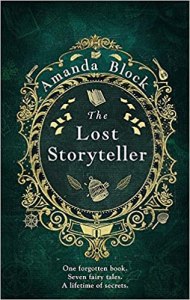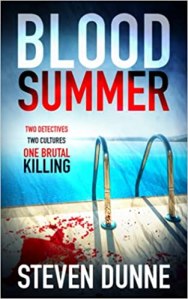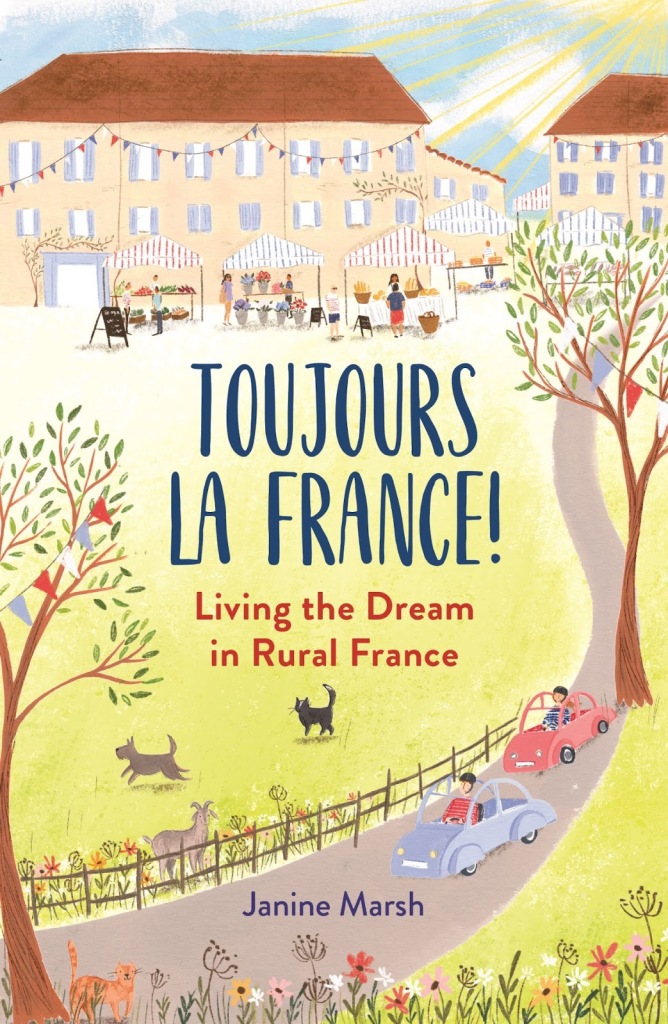The fairy tales are wonderfully evocative. Short, at only a few pages each, they transport the reader to the land of fairies, witches and sea monsters. They are dark tales, as fairy tales were when they were first spoken. They are allegories to Leo’s world, stories that are trying to tell a young Rebecca the truth about her father in the best way he can tell it, echoing his most successful time immersed in fairy tales on screen.

Source – review copy
Leo was The Stowaway, a character from a famous 90s’ children’s programme that saw the Stowaway find himself in fairy tales whilst trying to reach his own home. Beloved by children across the country he vanished without a trace mid way through the last series, never to be seen again.
Publication date – 8 July 2021
Recommended.
Whilst Rebecca is on a search for Leo, she is also on a search to find out more about herself for she knows little about her father and nothing about his family. She realises she has never wondered about them, that she has acquiesced to her mother’s silent barrier imposed in relation to Leo. She wasn’t a child to rock the boat so accepted that she could not talk about Leo, that knowledge unconsciously taken with her into adulthood.
Tentatively, Rebecca tries to piece together her father’s life, from the people he used to know and her own hazy memories. Yet her mind keeps returning to the magical, melancholic fairy tales, which seem to contain more truth than make-believe. Perhaps they are the key to unlocking the mystery of her father, the lost storyteller; to revealing who he was, what he went through – and even where he might be now…
A beautiful tale about love, family and the power of stories. I look forward to reading more from Amanda Block in the future.
But when a journalist turns up uninvited at her office, asking questions about her once-famous father, Rebecca starts to wonder whether there is more to Leo’s absence than she realised. Then, looking for answers, she unearths a book of fairy tales written by Leo and dedicated to her – but what use are children’s stories to her now, all these years later?
Rebecca Chase thinks she’s happy enough. She has a temp job at a firm of surveyors, which they are keen to make permanent. She has her flat in Exeter and she has her mum and Nan at home in the village she grew up in. She can barely remember her father, who left when she was a child and she has never really questioned her mother about him. Then in walks Ellis Bailey, a journalist looking for her father, the once famous actor Leo Sampson. When she discovers a book of fairy tales Leo wrote for her it sets her on the path of finding out her father’s past, and possibly her future.
There is a lovely gentleness to the story, a warmth that emanates from the pages with a pace that is just right. The Lost Storyteller is a book that envelopes the reader, letting them go only reluctantly on the last page.
Rebecca has been happy to float along in her life. She’s not content but not sufficiently motivated to do anything about it. She’s set aside her dream of being an archaeologist and is making do. But when Ellis walks into her office and asks her about her father she begins to ask questions of herself. She realises she can control this part of her life, she can find out what happened to Leo and can finally address how his absence has affected her and her family. She is a contemplative character, not prone to rash decisions, and so she discovers new aspects of her own personality in the process.
Rebecca hasn’t seen her father Leo since she was six. Her family never talk about him, and she has long since pushed him firmly to the back of her mind. All she knows is that, once upon a time, he was a well-loved children’s TV star.
There is much discussed in The Lost Storyteller from mental illness and how it’s stigma and treatment has changed, to feeling adrift as life diverts from the path you have set it, to the lies families keep to protect the ones they love.
Published by Hodder Studio







